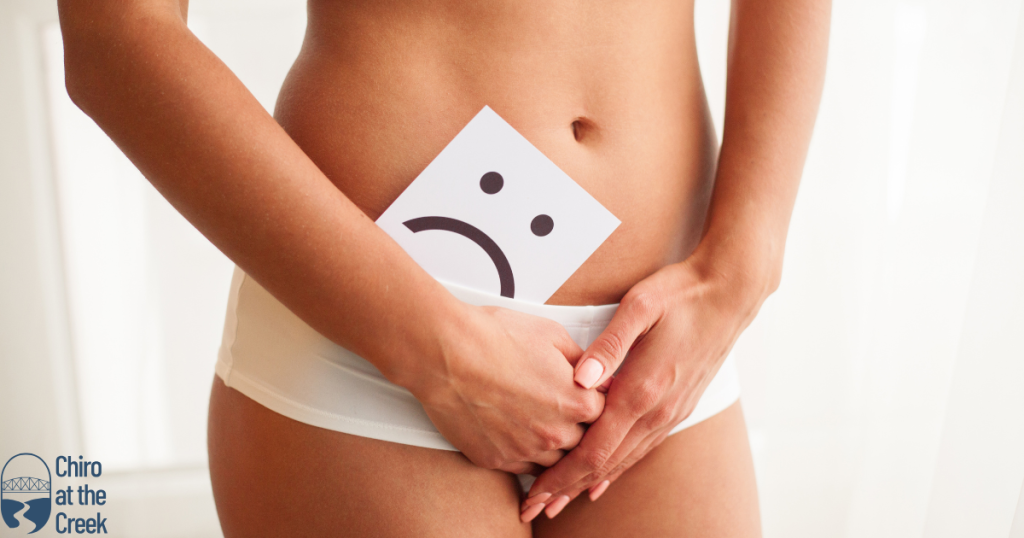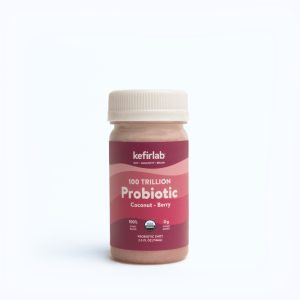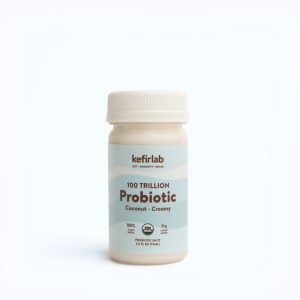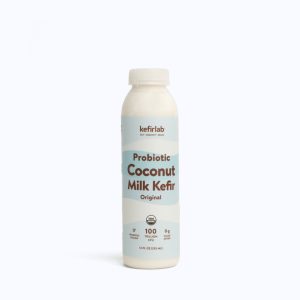Balancing the Microbiome: Probiotics as a Preventive Measure for Vaginal Yeast Infections – ProbioticsX

Balancing the Microbiome: Probiotics as a Preventive Measure for Vaginal Yeast Infections
Understanding the Vaginal Microbiome: A Key to Preventing Yeast Infections
The vaginal microbiome plays a crucial role in maintaining the health and balance of the vaginal environment. It consists of a complex community of microorganisms, including bacteria, fungi, and viruses, that coexist in harmony. When this delicate balance is disrupted, it can lead to various infections, including the common vaginal yeast infection.
Yeast infections, also known as vulvovaginal candidiasis, are caused by an overgrowth of the fungus Candida albicans. It is estimated that 75% of women will experience at least one yeast infection in their lifetime, with 40-50% experiencing recurrent infections. Factors such as hormonal changes, antibiotic use, diabetes, and a weakened immune system can contribute to the disruption of the vaginal microbiome and increase the risk of yeast infections.
The Role of Probiotics in Balancing the Vaginal Microbiome
Probiotics, often referred to as “good bacteria,” are live microorganisms that provide health benefits when consumed in adequate amounts. They have gained significant attention in recent years for their potential role in maintaining a healthy vaginal microbiome and preventing yeast infections.
Probiotics work by colonizing the vagina and competing with harmful microorganisms, such as Candida albicans, for space and nutrients. They produce substances that create an unfavorable environment for the growth of pathogens, helping to restore and maintain the natural balance of the vaginal microbiome.
Numerous studies have shown the effectiveness of probiotics in preventing and treating vaginal yeast infections. A systematic review published in the Journal of Lower Genital Tract Disease found that probiotics significantly reduced the recurrence of yeast infections and improved symptoms such as itching and discharge. Another study published in the Journal of Antimicrobial Chemotherapy demonstrated that probiotics were as effective as standard antifungal medications in treating yeast infections.
Probiotic Strains for Vaginal Health: Which Ones Are Most Effective?
Not all probiotics are created equal when it comes to vaginal health. Certain strains have been found to be more effective in preventing and treating yeast infections. Lactobacillus species, particularly Lactobacillus acidophilus, Lactobacillus rhamnosus, and Lactobacillus reuteri, have shown promising results in maintaining a healthy vaginal microbiome.
Lactobacillus acidophilus, for example, produces lactic acid, which helps maintain the acidic pH of the vagina, creating an inhospitable environment for pathogens. Lactobacillus rhamnosus has been shown to inhibit the growth of Candida albicans and enhance the immune response against yeast infections. Lactobacillus reuteri produces antimicrobial substances that can help prevent the overgrowth of harmful microorganisms.
Incorporating Probiotics into Your Routine: Tips for Preventing Vaginal Yeast Infections
To harness the benefits of probiotics for vaginal health, it is important to choose the right product and incorporate it into your routine effectively. Here are some tips for preventing vaginal yeast infections with probiotics:
1. Choose a high-quality probiotic specifically formulated for vaginal health. Look for products that contain the strains mentioned earlier, as well as a sufficient number of live bacteria (colony-forming units or CFUs).
2. Take the probiotic consistently and as directed. It is recommended to take probiotics orally or use vaginal suppositories daily for optimal results. Consistency is key in maintaining a healthy vaginal microbiome.
3. Consider using probiotics in conjunction with other preventive measures. Avoiding excessive sugar consumption, wearing breathable underwear, and practicing good hygiene can also help prevent yeast infections.
4. Consult with a healthcare professional. If you are experiencing recurrent yeast infections or have any concerns, it is important to seek guidance from a healthcare professional who can provide personalized advice and recommendations.
In conclusion, maintaining a balanced vaginal microbiome is crucial for preventing yeast infections. Probiotics have shown promising results in restoring and maintaining the natural balance of the vaginal microbiome, reducing the risk of yeast infections. By understanding the role of probiotics, choosing the right strains, and incorporating them into your routine effectively, you can take proactive steps towards preventing vaginal yeast infections and promoting overall vaginal health.




